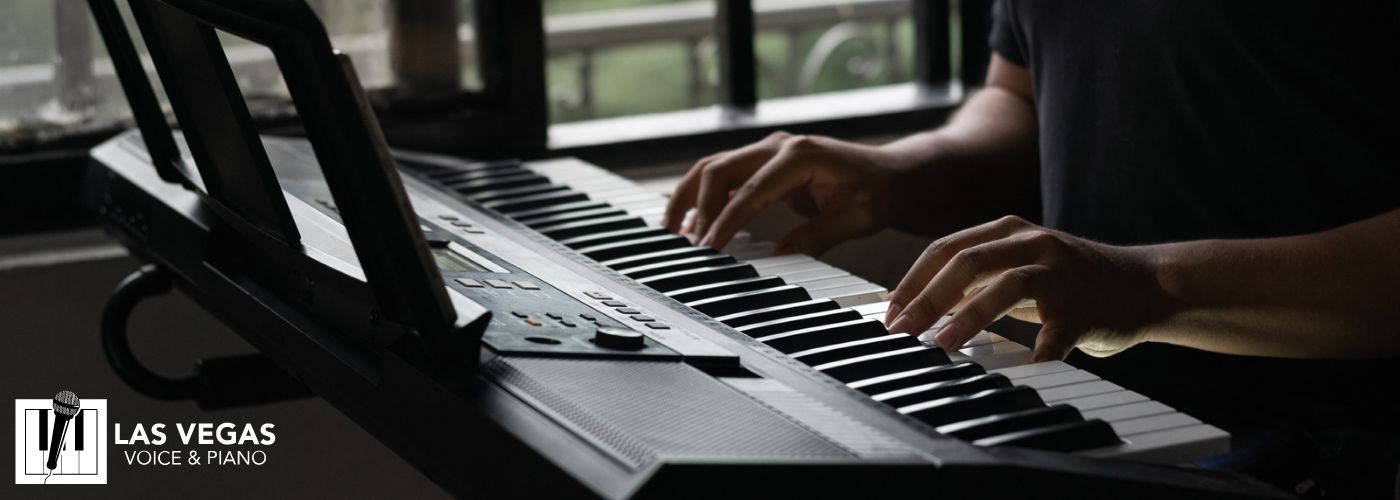Playing the piano can be one of the most rewarding activities for any musician; however, if you truly want to express yourself through your music, you must learn how to build hand independence when playing. Hand independence is a skill in which each hand can independently play a different part of the music. Developing this skill will allow you to create more complicated compositions and gain greater control over your playing.
What Is Piano Hand Independence?
Piano hand independence is an essential skill for any pianist to have. It refers to the ability to play different rhythms and melodies simultaneously with each hand, without one hand influencing the other. In simpler terms, each hand can play separate notes or chords without interfering with the other.
Hand independence is a crucial aspect of piano playing because it allows pianists to create complex harmonies and melodies. Without this skill, musicians would be limited in producing rich and intricate sounds. With proper training and practice, piano students can develop their hand independence skills.
To improve your piano hand independence, you must first focus on building a strong foundation by practicing scales and arpeggios regularly. These exercises help improve finger dexterity and strengthen the hands’ independent movement. Additionally, try practicing simple pieces with different rhythms in each hand until you feel confident enough to tackle more challenging compositions.
How Long Does It Take To Get Hand Independence For Piano?
Learning to play the piano can be a challenging and rewarding experience. One of the skills that pianists must master is hand independence, which allows them to play different rhythms and melodies with each hand simultaneously. But how long does it take to develop this skill?
The answer varies depending on several factors, such as your natural ability, practice habits, and previous musical experience. Some people may pick up hand independence quickly, while others may struggle with it for months or even years. However, with consistent practice and dedication, most pianists can achieve hand independence within six months to a year.
To speed up the process of developing hand independence, there are several exercises you can try. One example is practicing scales with each hand playing a different rhythm or pattern. Another exercise is playing simple melodies with one hand while improvising chords or harmonies with the other.
Why Is Hand Independence So Hard?
Hand independence is a skill that all musicians need to master, but it’s not an easy one. It can be frustrating when your hands just won’t cooperate and do what you want. But why is hand independence so hard?
One reason is that we’re simply not used to using our hands independently. Since we are babies, our hands have worked together in unison to accomplish tasks like grasping objects or holding onto things. As a result, it takes time and practice for us to develop the ability to use our hands separately from each other.
Another reason is that hand independence requires a great deal of concentration and focus. We need to be able to mentally separate the movements of each hand and coordinate them effectively without getting distracted or flustered. This can be especially challenging when playing fast or complex musical passages, with little room for error or hesitation.
Can You Train Your Fingers To Move Separately?
As humans, we can perform complex movements with our hands and fingers. However, some people may find it difficult to move their fingers independently. The question arises: can you train your fingers to move separately? The answer is yes! With consistent practice and patience, anyone can improve their finger dexterity.
One effective method for training your fingers is through finger exercises. These can include playing scales on a musical instrument or typing on a keyboard using proper hand placement techniques. Another way to improve finger independence is by using tools such as hand grippers or stress balls. These exercises will help strengthen the muscles in your fingers and increase flexibility.
It’s important to keep in mind that progress may not happen overnight. Consistent practice over time will yield lasting results.



